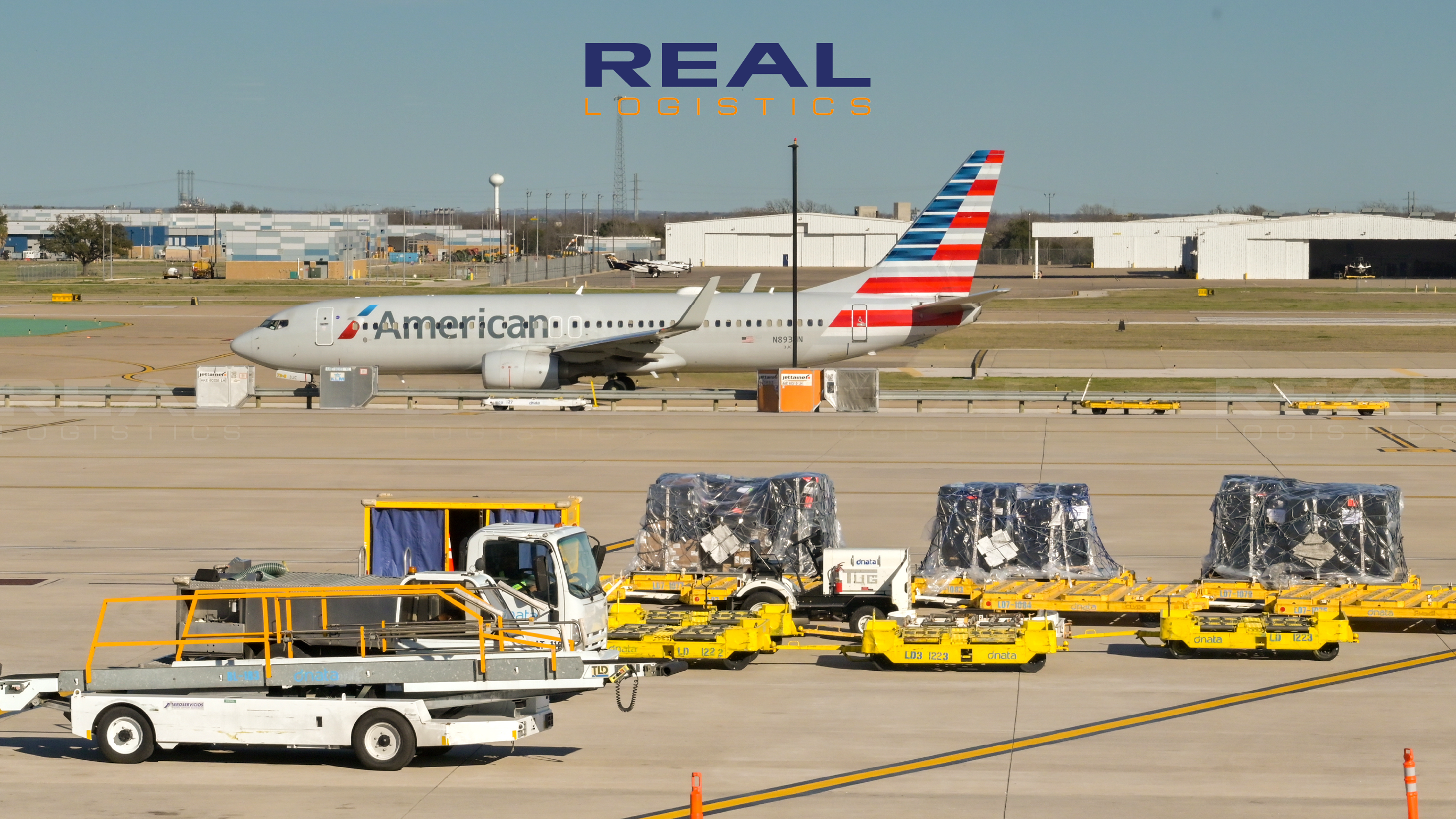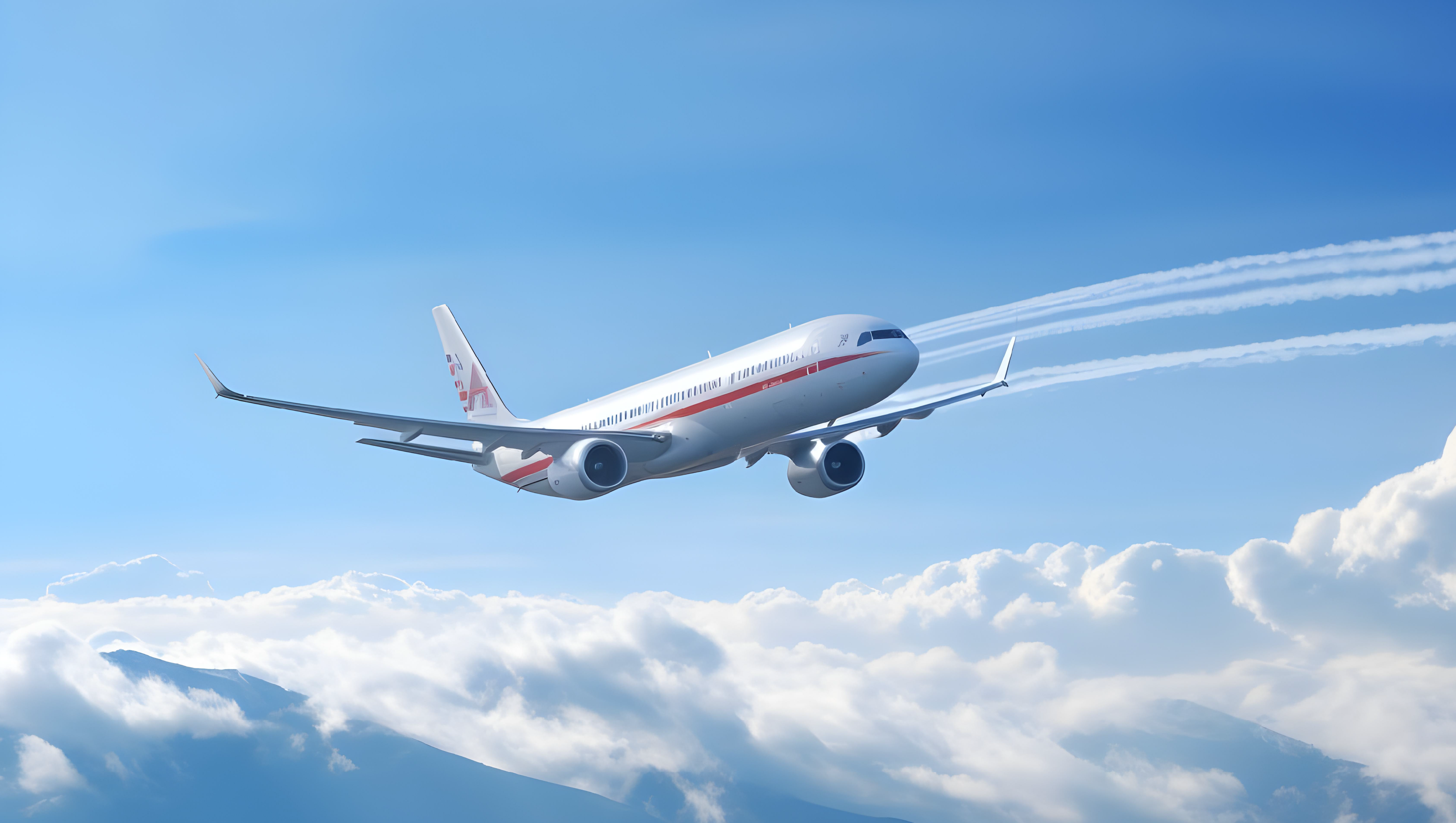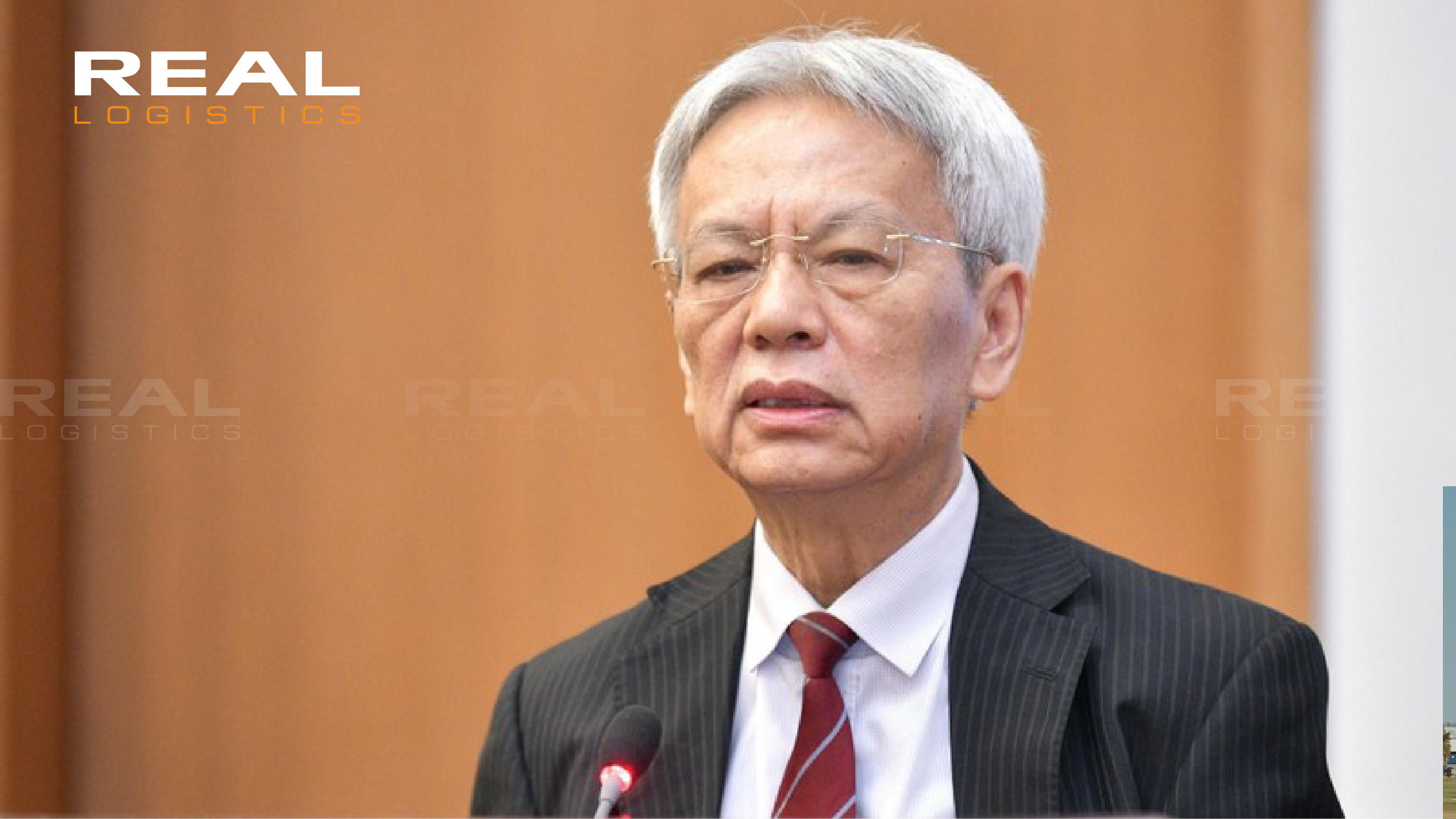Global Air Freight Rates Increase Sharply Due to US Tariff Wave

1. Air Freight Rates Surge Due to New US Tax Policies
In late March and early April 2025, global air freight rates surged as many companies expedited imports to the US before the new tariff package under President Trump's policy came into effect.
1.1. China - US Route:
Spot rates increased by 37% from the start to the end of March 2025.
New freight rate: $4.14/kg, the highest since the start of the year.
Main reason: Companies accelerated air imports to avoid tariffs.
"Technology companies, pharmaceutical businesses, and data center manufacturers from China and Asia ramped up air imports in the last three weeks of March," stated a global logistics executive.
1.2. Europe - US Route:
Rates increased by 7%, reaching $2.61/kg during the same period.
There was a sharp rise in the demand for high-value imports such as pharmaceuticals and medical equipment.
1.3. Comparison of Current Rates (End of March 2025):
Route | Freight Rate (USD/kg) | Increase from Early March |
China - US | 4.14 | +37% |
Europe - US | 2.61 | +7% |
If no changes occur before April 9, 2025, the Vietnam-US route will no longer be a cost-effective tax avoidance option for Chinese companies, as the US President announced a 46% tariff on imports from Vietnam.
1.4. Industries in China Severely Affected
Industry | Impact Level | Remarks |
E-commerce | 🌐 Very High | Shein, Temu directly impacted as they lose tax exemptions on orders < $800. |
Pharmaceuticals & Medical Equipment | 💊 High | High value, fast delivery – willing to accept higher rates to avoid taxes. |
Technology – Data Centers | 💻 High | Increased imports of servers, network components, and AI hardware. |
Fast Fashion | 👚 High | Low prices, thin margins – losing "de minimis" will multiply costs. |
Toys & Board Games | 🎲 Moderate to High | Steve Jackson Games warns that a 54% tariff would threaten the industry's survival. |
2. The "Shock" of De Minimis
The de minimis policy, which exempts imports under $800 from taxes, has been the backbone of cross-border e-commerce. The US announcement to remove de minimis from May 2025 will:
- Cause a significant increase in import costs for Chinese businesses.
- Raise end-to-end logistics costs due to full customs procedures.
- Decrease the competitiveness of low-priced Chinese goods in the US.
- Potentially reduce demand for air transport after the “pre-tax peak.”
"In my 30 years in air freight, I've never seen a policy decision that caused such a strong shock," said Niall van de Wouw, Director of Air Freight at Xeneta.
Many companies, ranging from pharmaceuticals to technology and consumer retail, have accelerated air imports to avoid the new taxes:
- High-tech goods from China and Asia
- Pharmaceuticals and medical equipment from Europe.

3. Global Impact: Not Just the China-US Route
China, Vietnam, and Europe are all affected by the new US tax policies. Vietnam, once seen as an alternative transit point to China, is now expected to face a 46% tariff (effective from April 9, 2025), creating uncertainty for many exporting businesses.
Asian exporters are increasing output before the new tax rates take effect, causing congestion at international airports.
The Vietnamese export sectors most affected include: textiles, electronics, wood products, seafood, machinery, and food processing.
4. Vietnam's Strategic Economic Response to US Tariffs
In response to the US announcement of a 46% tariff on Vietnam's exports, the Vietnamese government has reacted swiftly and professionally, demonstrating macroeconomic leadership and deep integration thinking:
- Quick and Systematic Policy Response: Hours after the US announcement, the Prime Minister convened an urgent meeting to assess the full impact (direct and indirect, short-term and long-term) and to develop flexible response scenarios at various levels.
- Utilizing Legal Tools and Multilateral Negotiations: Vietnam is ready to activate dispute resolution mechanisms under the WTO and FTAs, while also promoting high-level bilateral dialogue to protect legitimate interests.
- Reaffirming Global Integration Commitments: Vietnam rejected baseless claims about "imposing 90% tariffs on US goods" and emphasized the principles of transparency and goodwill in international trade relations.
- Driving Supply Chain Restructuring: The tariff event is seen as an opportunity for Vietnam to push for higher local content, develop the supporting industry, and increase the added value and competitiveness of exports.
- Diversifying Markets and Ensuring Strategic Independence: With new-generation FTAs like EVFTA, CPTPP, and RCEP, Vietnam is gradually reducing reliance on single markets, expanding consumption channels, and cushioning the shock in international trade.
- Coordinated Fiscal and Monetary Policy: The government has implemented synchronized solutions to stabilize exchange rates, control capital flows, support companies in market reorientation, and maintain domestic market confidence.

5. Conclusion
The trade war has entered a new phase, affecting not only the US and China but also disrupting the entire global supply chain. In Vietnam, this conflict places exporting businesses in a position where strategic restructuring is necessary.
Amid this, companies must proactively review their entire supply chain, reassess market destinations, transport methods, delivery schedules, and logistics costs. Partnering with professional logistics providers like Real Logistics, who can optimize operations and navigate market policies, will be key to overcoming this volatile period.
Vietnam has demonstrated its ability to quickly respond to macroeconomic challenges, with a strong commitment to global integration. If businesses act early and with the right strategy, they can turn these challenges into opportunities for new growth.
—————————————
Real Logistics Co.,Ltd
👉 Facebook: Real Logistics Co.,Ltd
☎️ Hotline: 028.3636.3888 | 0936.386.352
📩 Email: info@reallogistics.vn | han@reallogistics.vn
🏡 Address: 39 - 41 B4, An Loi Dong, Thu Duc, HCM City
51 Quan Nhan, Nhan Chinh, Thanh Xuan, Ha Noi City

